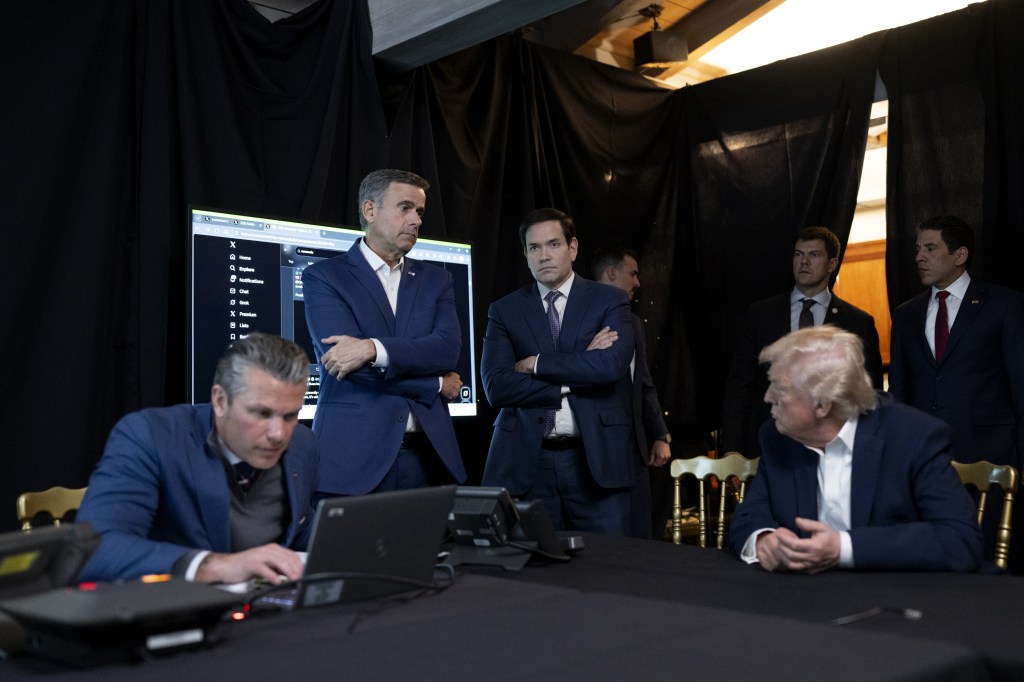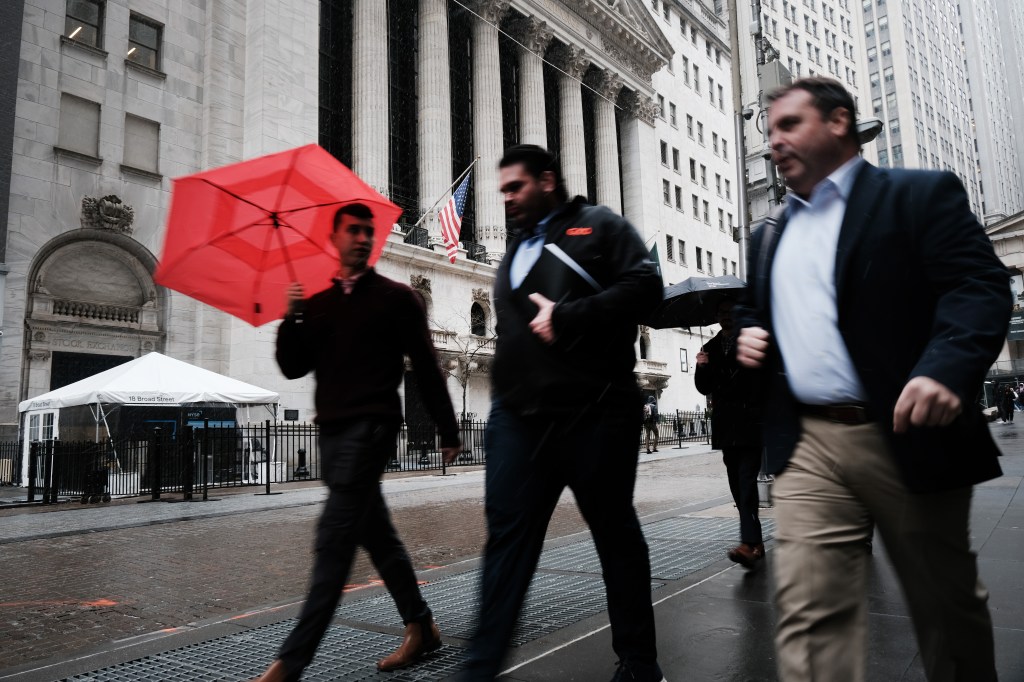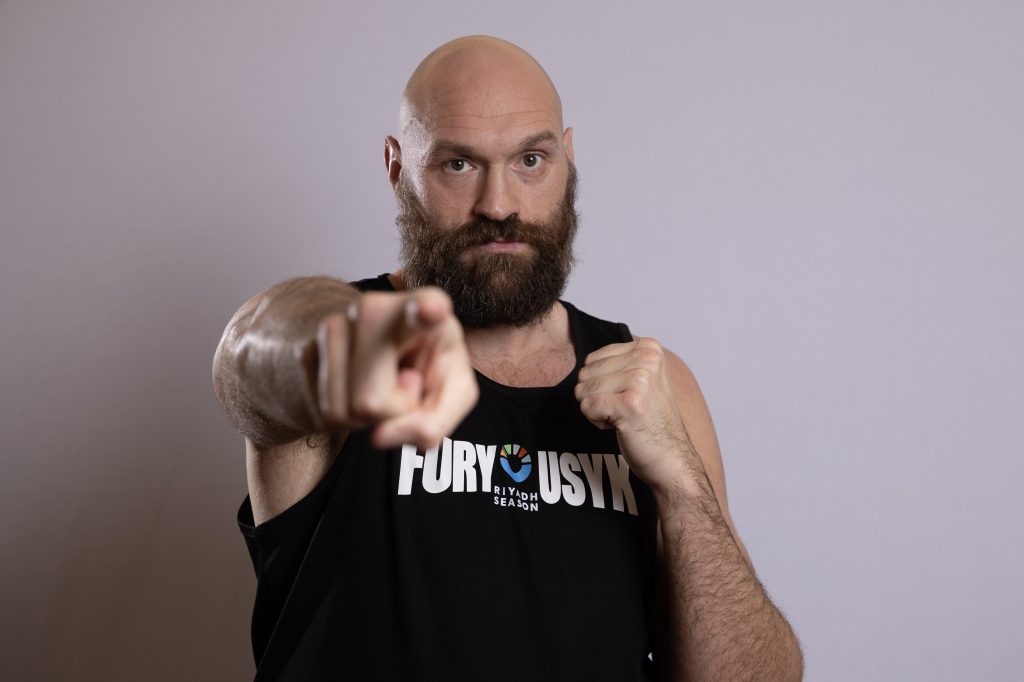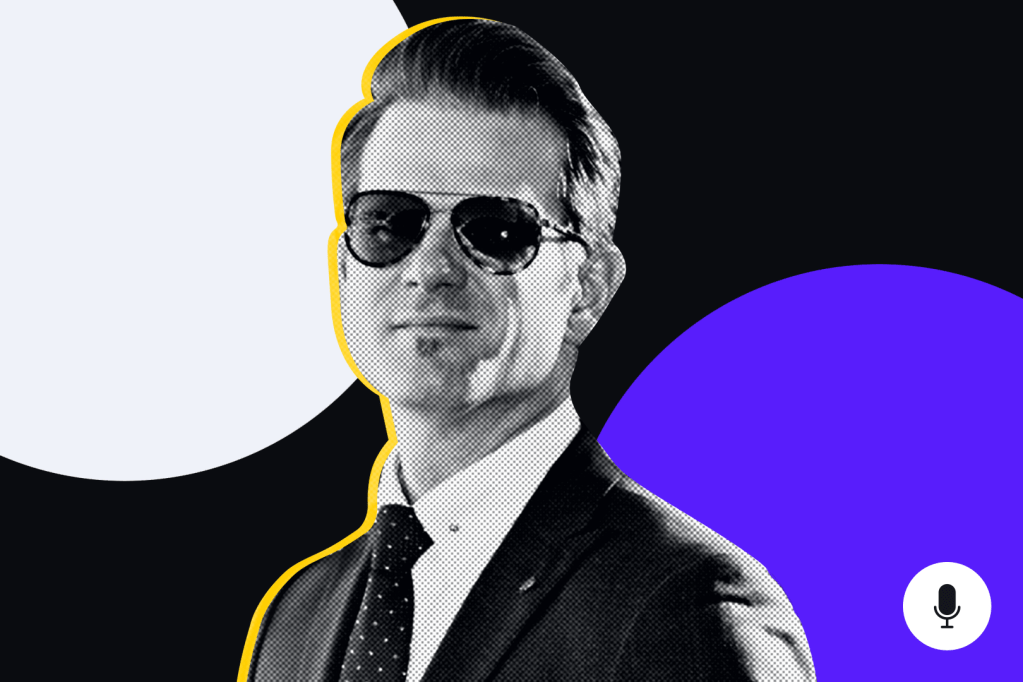This is a transcript of the podcast Ozone API – “Open Banking shouldn’t be just a compliance exercise” between GRIP Senior Reporter Carmen Cracknell, Ozone API CEO Chris Michael and CCO Huw Davie.
[INTRO]
Carmen Cracknell: Welcome to the GRIP Podcast. I’m joined today by Chris Michael, CEO and Huw
Register for free to keep reading
To continue reading this article and unlock full access to GRIP, register now. You’ll enjoy free access to all content until our subscription service launches in early 2026.
- Unlimited access to industry insights
- Stay on top of key rules and regulatory changes with our Rules Navigator
- Ad-free experience with no distractions
- Regular podcasts from trusted external experts
- Fresh compliance and regulatory content every day

















